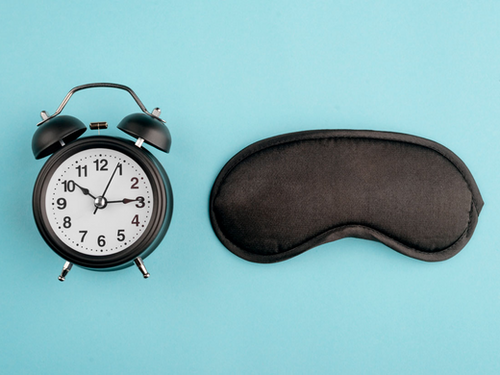Winter Wellness: 8 Tips to Maintain your Mental Health

Popular Articles
Winter’s cold and darkness can impact more than just our bodies—but our mental health as well. Shorter days mean less sunlight, and combined with icy weather and overcast skies, it’s easy for us to feel drained or even a bit down. In fact, around 15% of Canadians experience the winter blues.1 Follow these wellness tips to protect your mental health this cold season.
Tip 1: Get Outside
Spending time outdoors can make a big difference. Natural sunlight is essential for producing Vitamin D, which supports mood regulation and can reduce symptoms of Seasonal Affective Disorder (SAD), a type of depression common in winter (2). Can’t get outside? Consider using a light therapy lamp.
Tip 2: Stay Active
A short 15-minute walk can work wonders for your mental health. Health Canada recommends 150 minutes of moderate-to-vigorous exercise each week for adults (3). Need ideas? Visit our blog post here on tips for staying active during winter.
Tip 3: Connect with Friends and Family
Socializing and spending time with friends and family can be a great mood booster. Even if you prefer staying home, try arranging online meetups to keep in touch with your support network.
Tip 4: Revisit a Hobby or Try Something New
Learning guitar. Indoor gardening. Painting. Long winter months are a perfect opportunity for picking up an old hobby or starting something new. Engaging in activities can lift your mood and also provide a sense of accomplishment.
Tip 5: Prioritize Sleep
Good sleep is foundational to mental wellness. Try to keep a consistent sleep schedule, aiming for 7 to 9 hours of good-quality sleep on a regular basis.
Tip 6: Keep a Journal
Journaling is a powerful tool for processing thoughts and feelings. Whether it’s worries, personal insights or daily reflections, jotting down your thoughts on paper can be surprisingly therapeutic.
Tip 7: Limit Screen Time
We all know excessive screen time, especially news and social media, can negatively affect our mood. Try setting boundaries by checking your devices only a few times a day.
Tip 8: Daily Meditation
A few minutes is all it takes. Daily meditation can be a powerful tool to calm the mind and manage stress, especially during the desolate winter months. Try setting aside 5-10 minutes in the morning or before bed to sit and lay down quietly and focus on your breathing or follow a guided meditation. You can find a wealth of guided meditation videos online.
References:
- Levitt, A.J., Boyle, M.H., Joffe, R.T., & Baumal, Z. 2000. Estimated prevalence of the seasonal subtype of major depression in a Canadian community sample. Canadian Journal of Psychiatry, 45(7), 650-654
- Centre for Addiction and Mental Health (CAMH). (n.d.). Seasonal affective disorder (SAD). Retrieved from https://www.camh.ca/en/health-info/mental-illness-and-addiction-index/seasonal-affective-disorder
- Government of Canada. Physical Activity Tips for Adults (18-64 years). Available at: https://www.canada.ca/en/public-health/services/publications/healthy-living/physical-activity-tips-adults-18-64-years.html
























